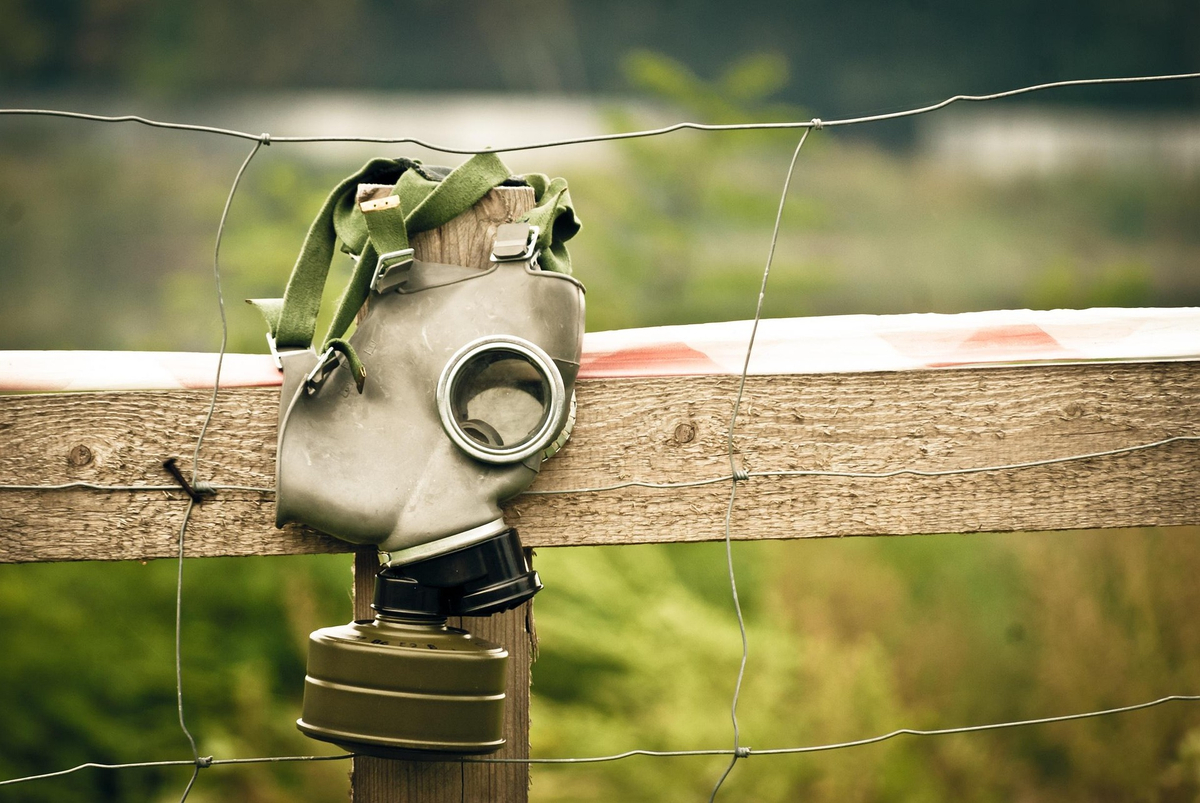By Steve Brown
European media outlets, including bankier.pl, reported that Dutch Defense Minister Ruben Brekelmans presented the findings of a joint assessment made by the Dutch and German intelligence agencies into the use of chemical agents by Russian forces in Ukraine to the Dutch parliament on Friday.
Brekelmans said the report made it clear that Moscow viewed the use of chemical weapons as a “normalized, standardized and widespread” tactic, which should result in stronger sanctions and removal from its position on the executive council of the Organization for the Prohibition of Chemical Weapons (OPCW).
The assessment was made and jointly agreed upon by the Dutch military intelligence agency, MIVD, and Germany’s BND foreign intelligence agency. It cited “thousands” of incidents of use that had caused at least three deaths and more than 2,500 chemically related injuries, Brekelmans said.
Ukraine put the figure at about 9,000 separate instances.
The previous US administration had used similar accusations against Russian forces in May 2024 as part of its justification for imposing additional sanctions, saying Moscow had used chloropicrin – a World War One choking agent banned under the Chemical Weapons Convention.
Russia, an OPCW member that has declared its Cold War stockpiles destroyed, denies using illegal munitions but accuses Kyiv of doing so. This week, Russia’s federal security service (FSB) said Russian forces had found Ukrainian devices containing chloropicrin and a laboratory used to make the chemical agent hydrogen cyanide. Ukraine has rejected the claim.
The OPCW said it had deemed evidence from both sides “insufficiently substantiated” and had not been asked by member states to open a full inquiry.
However, the head of MIVD, Peter Reesink, said the evidence showed a “large-scale program” to facilitate Russia’s battlefield use and not just “improvisation on the front lines.”
Moscow’s use of the agents included widespread research, instructions to troops in the use of agents and how to fill improvised munitions with chloropicrin with the aim of forcing Ukrainian soldiers out of their trenches where they could be attacked with attack drones and artillery.
Brekelmans said it would threaten other nations if the use of chemical agents remained unchecked.
“We must increase pressure,” he said, adding that as a result of the report’s findings, the European Commission has proposed sanctioning 15 more Russian entities and individuals over the suspected use of chemical weapons.
